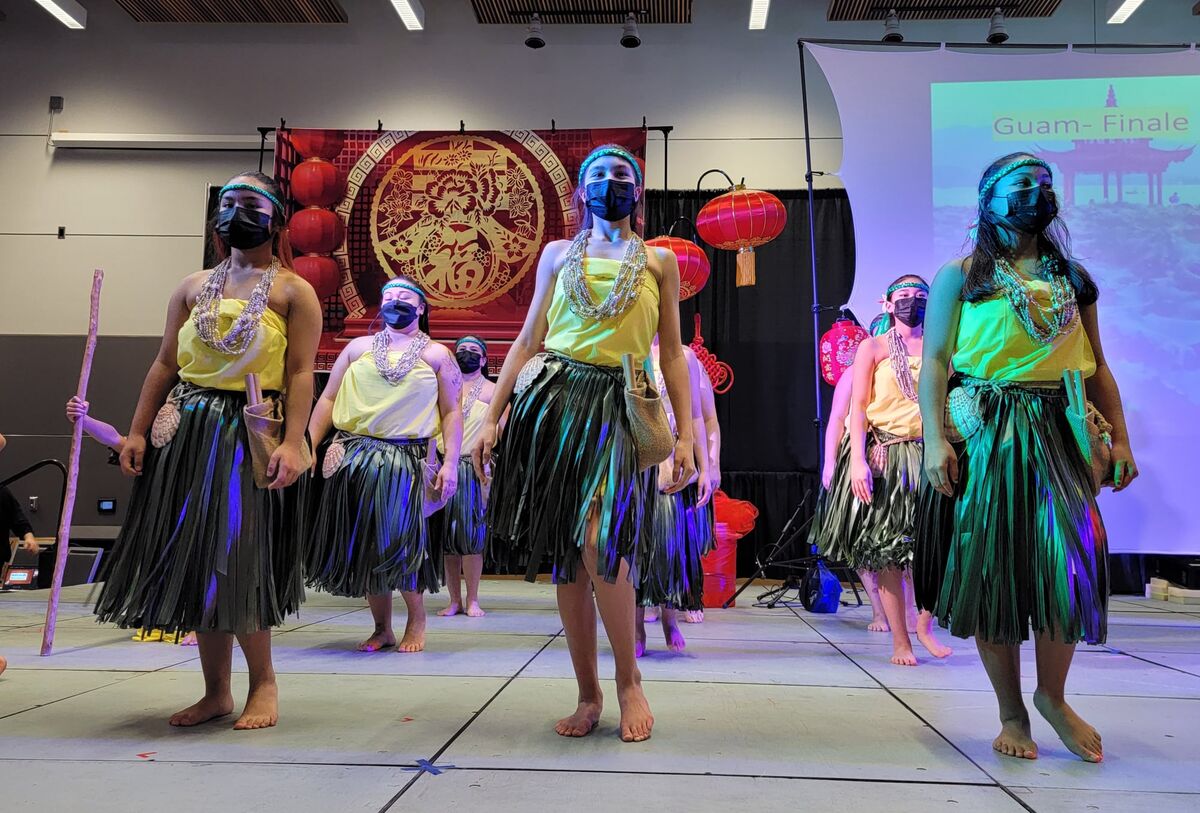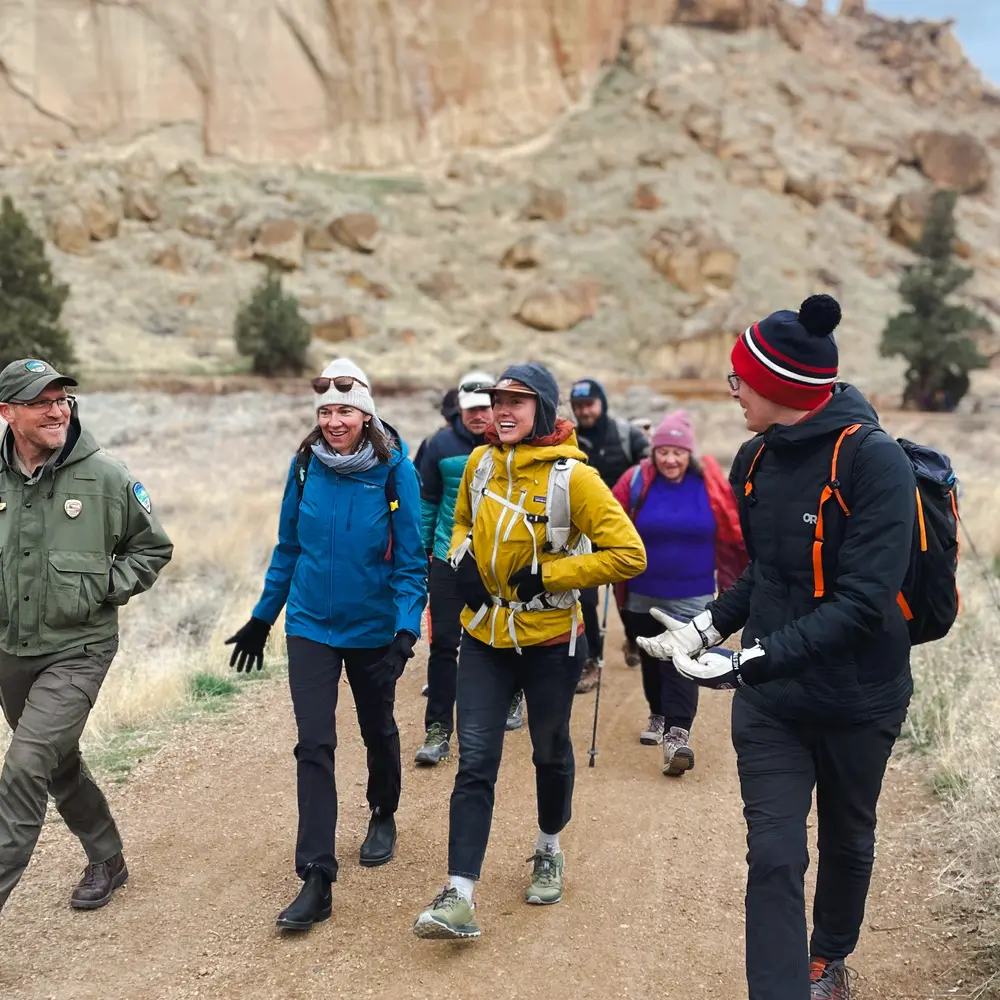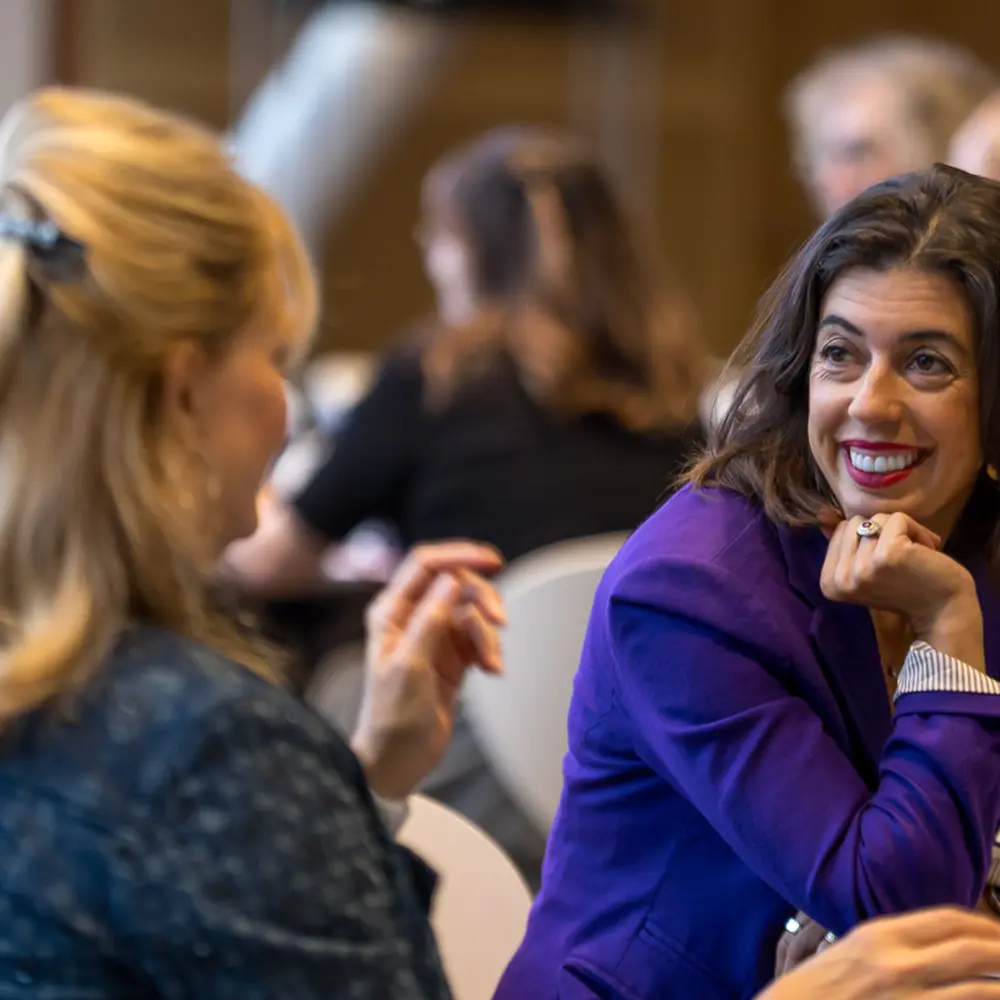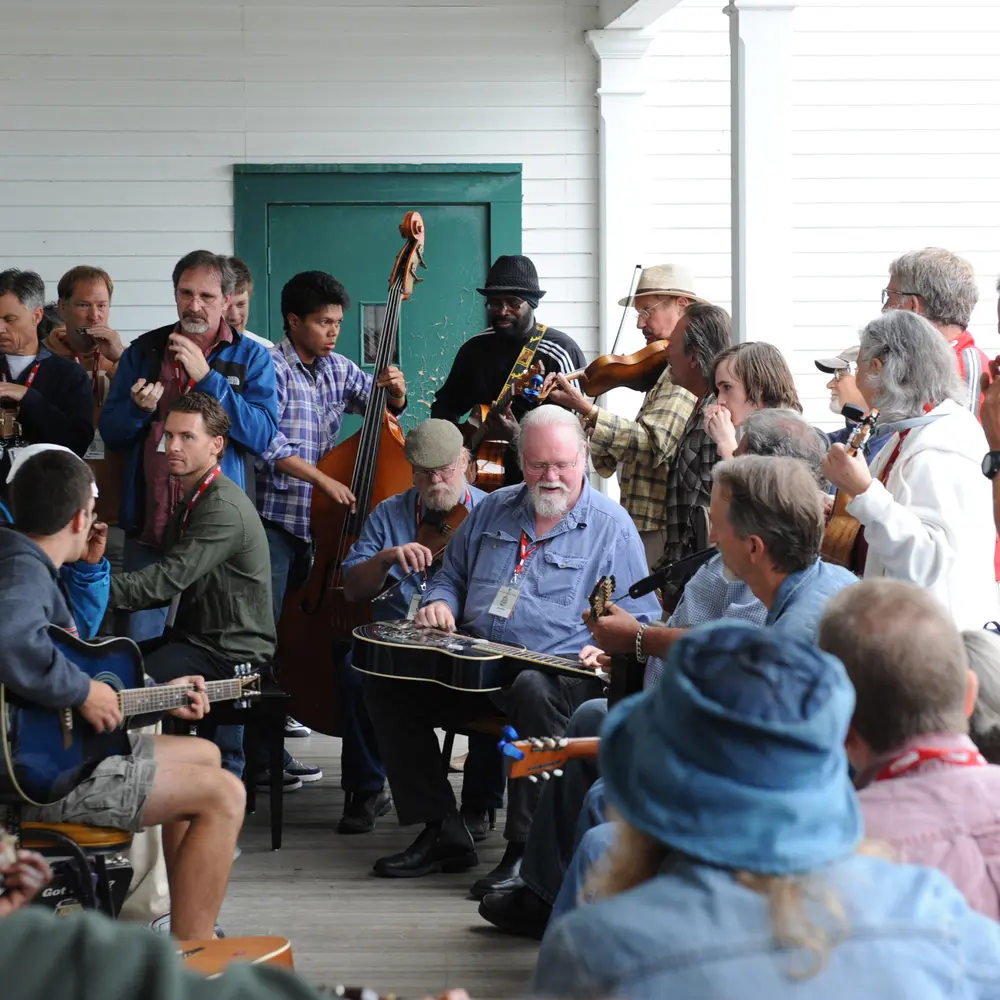The Murdock Trust is committed to the flourishing of all Pacific Northwest communities. During specific months of the year, we join those honoring the contributions, successes, and challenges of certain groups among us. May is Asian American, Native Hawaiian, and Pacific Islander (AANHPI)* Heritage Month, and though listening to and uplifting our AANHPI neighbors is a year-round priority, we are grateful for the opportunity to sit down with one of our local leaders in this community, Faaluaina Pritchard, executive director of the Asia Pacific Cultural Center, for further reflections on this month.

For 27 years, the Asia Pacific Cultural Center (APCC) in Tacoma, WA, has been bridging communities and generations through arts, culture, education, and business. Over time, they have built a network of community partnerships that help them bring their cultural engagement and education services to nearly every interested corner of the Greater Seattle region.
“We’re inside schools. We’re inside government. We’re inside the military, training their soldiers before they deploy to Asia Pacific Countries. We’re in organizations, as they request our assistance. We’re in the health departments helping them get to AANHPI people [despite] language and cultural barriers. And we’re in the public with the many public events we do all year,” says Faaluaina Pritchard, executive director.
Every facet of APCC’s work is motivated by a desire to educate about Asian American, Native Hawaiian, and Pacific Islander (AANHPI) cultures, celebrating what makes each one unique while uplifting them all.
“The challenge is that we’re misunderstood,” says Faaluaina, speaking of those within the AANHPI community. “We’re labeled in certain ways, and our kids are labeled in certain ways in the schools because the teachers don’t understand who they are.”
For example, Faaluaina explains, within AANHPI cultures there are practices of respect that teachers in the American education system have not been trained to understand. When a child from an Asian or South Pacific country first arrives in the States, they often bow their head in conversation in deference to their elders. But many teachers see this as avoiding eye contact, interpreting it as disengagement or even disrespect. This can lead to children from AANHPI cultures being held back in school or transferred to special classrooms.
To address this problem, APCC does presentations in classrooms about the cultural practices of various Asian and South Pacific countries. “If a certain grade level wants to learn about Japan, we go in and teach about Japan. Or the Philippines. Or Burma, or whatever country they want to learn about,” says Faaluaina. “We’re in the schools almost every single day. And you should see the teachers. Their eyes are really opened because of the teachings.”
Even more motivating to Faaluaina is the moment when the kids sit up straighter and stand taller after hearing their culture spoken of positively. “When you feel good, you look good, you do good. APCC is doing that kind of work for our Asian American and Native Hawaiian and Pacific Islander people.”
One of APCC’s goals is to eventually have a cultural day celebrating and produced by each of the 47 Asian and South Pacific countries. By the end of 2023, they will have 8 countries represented, and are excited for the many more to come.
“I want to make sure people understand that [the AANHPI community is] 47 nations. That’s a lot of people, and a lot of different kinds of people. We are similar in many ways, but we’re also very different in many ways. We could be fighting each other [in our home countries]; we could be enemies of each other. But here in America, APCC’s role is all about bringing all of us together and working together.”
As Faaluaina explains, it is not only those from outside the AANHPI community who might not understand the cultures within it. “Even though we’re AANHPI, people may think we really understand and really truly know each other, but we don’t. We’re learning about each other as well, and that’s a very challenging thing to do and a beautiful thing to do.”
That’s what makes APCC’s work bridging cultures and generations, from within and without the AANHPI community, such life-giving work. Every visit to a school, every military training, and every cultural celebration contributes to the flourishing of AANHPI cultures in our region, in all their unity and diversity.
“Because if you can have 47 nations all together, working together, seeing eye-to-eye, and respecting each other,” says Faaluaina, “that’s a miracle.”
*Note: It is Murdock Trust policy to always defer to the preferences of our grantees regarding cultural terms. In this blog post, we use AANHPI because that is APCC’s preferred term.






